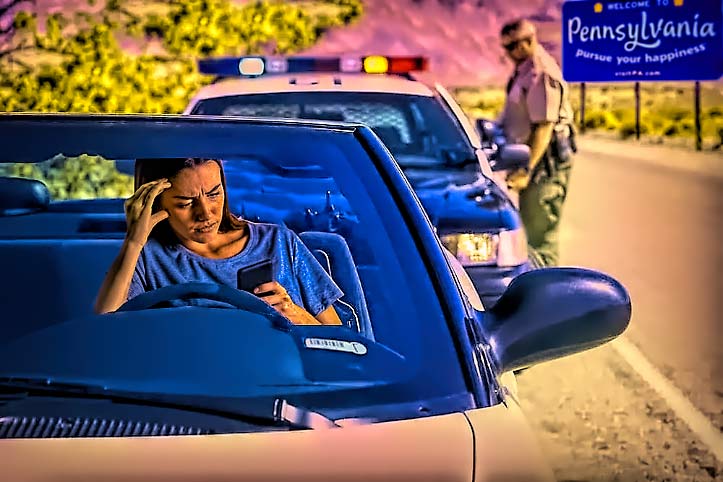
Pennsylvania’s state Senate wants to broaden a ban on texting while driving and approved legislation last week that would increase the penalties for motorists who have a cell phone in their hand for almost any purpose while driving.
The bill, approved 37-11, goes to the state House of Representatives.
In 2012, Pennsylvania banned texting while driving, an offense punishable by a $50 fine. Under the new legislation, motorists cannot handle their cell phones to make a call or almost any other function while driving. That includes while sitting in traffic or at a stoplight, and most likely while pulled over to the side of the road by police.
For a second conviction within a 60-month period of time, a fine of not more than $250 can be levied. For slow learners who get a third or subsequent conviction within a 60-month period, the fine increases to $500
In cases where the offender is convicted of homicide by vehicle, a court can add a sentence of up to five years. In cases where the offender is convicted of aggravated assault by vehicle, a court can add a sentence of up to two years.
The bill, available here, gives drivers a grace period of a year in which they would only receive a written warning for violating it.













